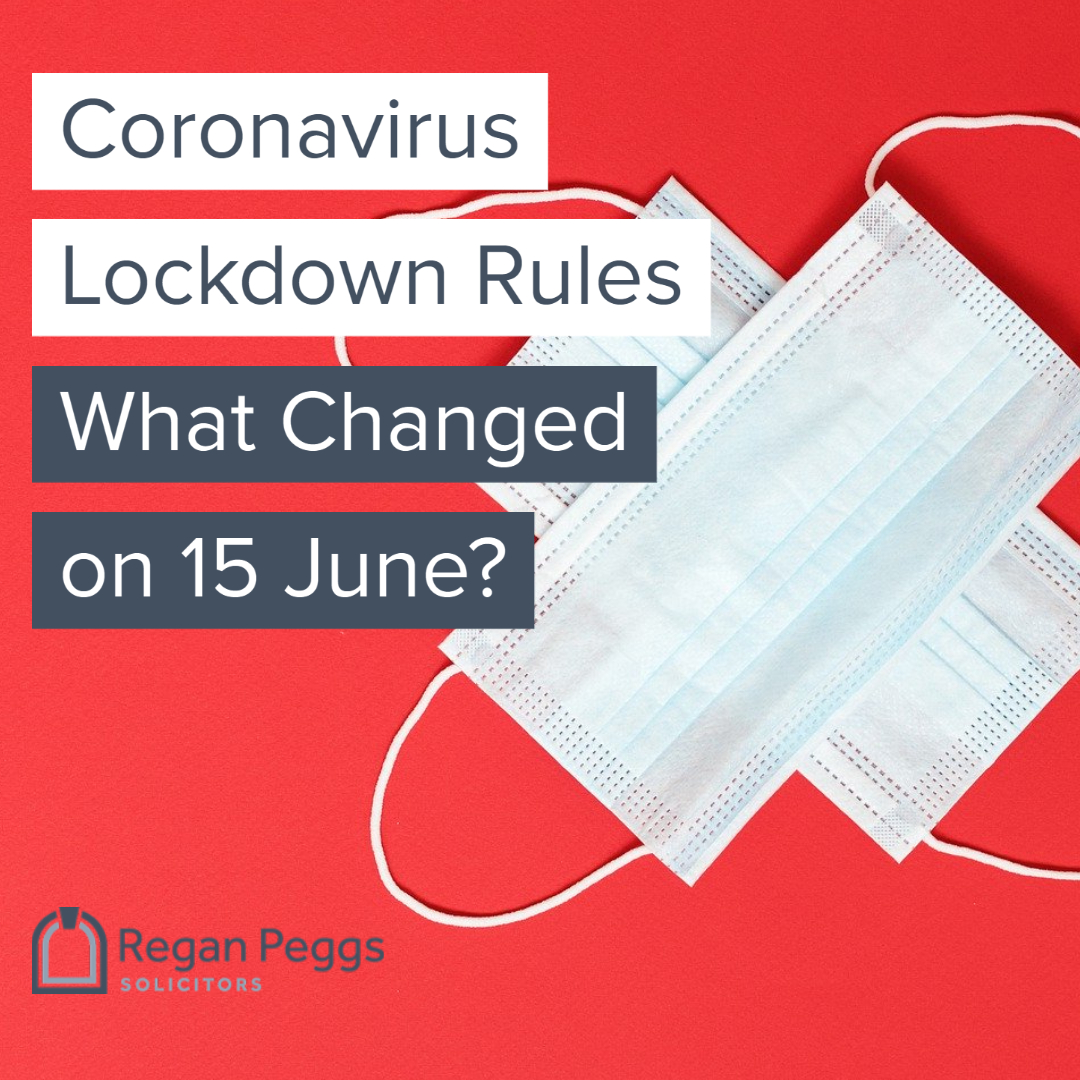
Nearly three months after coronavirus lockdown rules were imposed, British society continues to cautiously re-open. As of Monday 15 June a number of restrictions and amendments to the hard lockdown came into effect – something you will no doubt be aware of if you live anywhere near a Primark, where the queues began forming up in the early hours.
It’s worth getting an overview of what exactly has changed, as the new amendments to the lockdown rules have implications for businesses, social interaction and more.
‘Non-Essential’ Shops Re-Opening (Subject to Social Distancing Restrictions)
Bars and restaurants continue to be closed for consumption on the premises, although people can still purchase takeaway and delivery from these businesses.
Businesses which were subject to closure and restriction under Schedule 2, Part 3 of the original regulations can now open provided they keep to social distancing rules. This includes pharmacies, banks, garden centres, DIY stores and healthcare providers such as opticians and dentists.
Additional businesses permitted to re-open include:
- Retail art galleries provided the majority of the art is for sale
- Betting shops
- Auction houses (livestock auctions were already allowed to take place)
- Outdoor zoos, safari parks and aquariums (including shops and visitor centres)
- Visitor attractions at farms (including shops and visitor centres)
Finally – and I’m sure you’ll all be relieved to hear this – drive-through cinemas can now open.
These businesses must all make allowances for maintaining the two-metre social distancing between customers who don’t live in the same household. For customers, this means more queues.
Facial Coverings Required on Public Transport and in Hospitals
As of 15 June, people over the age of 11 years old must wear a face covering to ride public transportation (planes, buses, trams, trains, ferries and the Tube) in England. People who don’t comply can be refused permission to board or subject to a £100 fine. Allowances are made for people with certain disabilities, and for people who are travelling with someone who relies on lip reading to communicate.
The face covering law does not apply to private taxis, but please note that Uber has instituted a “no mask, no ride” policy for their drivers and for customers who hire a ride using their app. Other taxi companies may require this of their customers, too.
Face coverings can be homemade and can include scarves or bandanas. According to the BBC, rail companies plan to hand out free masks to passengers in the coming days.
Linked Households (or ‘Social Bubbles’)
The new ‘linked household’ provisions will provide welcome relief for lone parents, people with disabilities, and all of us who have worried about our single family members and friends. The provisions are quite clear.
Single people living alone or single parents with children under 18 years old may choose to link up with one other household, provided that:
- The second household is not linked with another
- All adults in both households agree to form a link
There can be any number of adults or children in the second household. However, if the first household is not that of a lone parent or single adult person, the households can no longer be linked.
And once those households are de-linked, they cannot link with any other households. In other words, you can’t chop and change once you’ve decided to link up, so choose carefully.
The obvious risk with linked households as laid out here is that it places responsibility for compliance with the law in one household upon other people in a different household. Enforcement is likely to be difficult.
If you need advice about a breach of the coronavirus lockdown rules, either as an individual or as a business owner, our Birmingham solicitors can help. Get in touch today for a no-strings consultation.
- UK Motoring Offence Stats: A Closer Look at the Numbers - October 26, 2023
- Are Sat Navs Excuses for Motoring Offences? - October 4, 2023
- Is divorce always 50/50? - August 2, 2023

